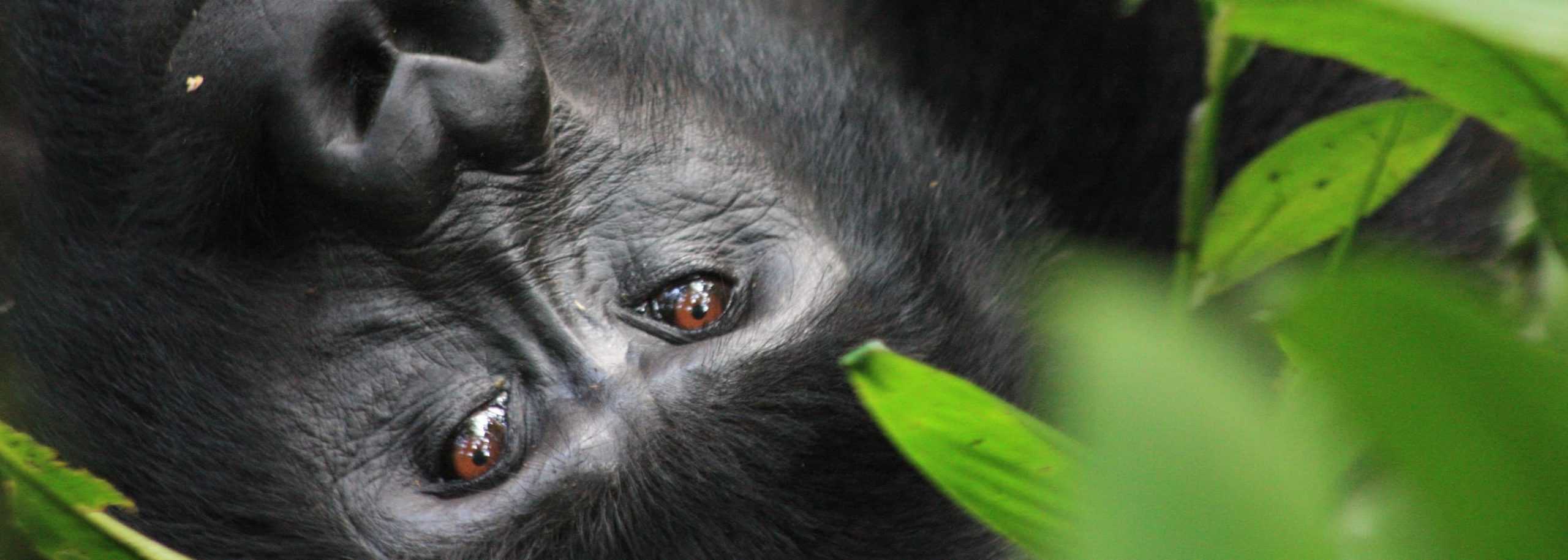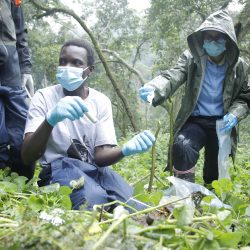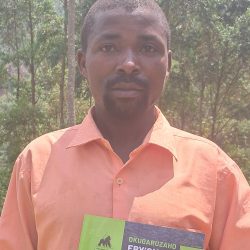Merging climate models with local knowledge
Blog | 23/09/10
Although all participants in a recent climate change workshop come from areas within sight of the mighty volcanoes that mark the borders between Rwanda, Uganda, and DRC, it took well-planned logistics to bring them together in the same room. There are issues of transportation as well as cultural and lingual inclusion.
On Monday, September 20, about 40 people participated in the third focused workshop IGCP has hosted on climate change and the implications for mountain gorillas and communities living close to protected areas. Participants represented local government and civil society, research institutes, park authorities, and non-profit organizations from the three countries.
Eighteen months ago, IGCP, along with US-based research non-profit EcoAdapt, began a project aimed at preparing for the effects of climate change on mountain gorilla conservation. The first phase collected available data and developed models to predict how climate change trends may affect mountain gorilla habitat and the livelihoods of communities living around these protected areas.
Once these models were developed, stakeholders from the three countries identified adaptation strategies specific to the areas of gorilla ecology and health, socio-economics, and park management. It was within these three areas that participants decided that efforts could be best targeted to reduce the negative effects of climate change. That original list included more than 150 possible adaptation strategies.
This final workshop of the project, held in Kabale, Uganda, aimed to take that comprehensive list and identify priority strategies. For each of those priority strategies, participants attempted to develop action plans including budgets, timelines, and identification of major players.
At the end of the day, much progress had been made even though the problems the strategies were addressing, such as the potential increase in crop raiding by mountain gorillas and other wildlife, are complex. The context specific to each country is not the same as the next, but there is value in working through the differences to find the common ground. The solutions to climate change are as likely regional as they are local.
The report will be completed soon and available online, but beyond reporting, IGCP hopes to continue to facilitate climate change working groups in each of the three countries to start implementing the priority adaptation strategies on the ground. There are no easy answers, but with a coordinated effort to both adapt to and mitigate the negative effects of climate change, there is hope for both the mountain gorillas and the families that call the heart of Africa home. This is something that IGCP will endeavor to support and coordinate.
This specific project was funded by the MacArthur Foundation.
Photo caption: Isabella Masinde, Climate Change Advisor for the African Wildlife Foundation, recaps the project and objectives at the climate change workshop in Kabale, Uganda on September 20, 2010.



